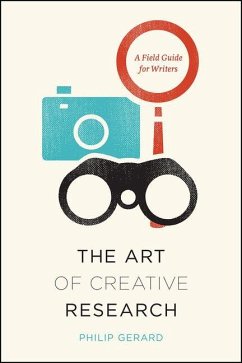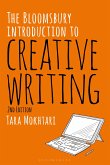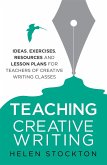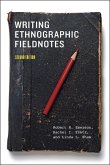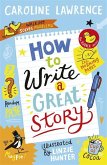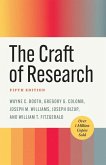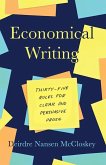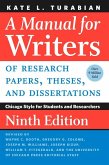Everyone who writes a novel, a poem, or a memoir almost certainly conducts research along the waywhether to develop a story idea, or to capture the voice, the speech patterns, or the exact words of a character, or to ensure authenticity or accuracy of detail in describing a person, a place, an object, a setting. This kind of experiential research is an art form of its own, and this book is the first to treat it as such. Addressing writers of fiction, poetry, and nonfiction, Philip Gerard covers all the different kinds of archives that might inform creative work, including historical documents, site visits, interviews, and memory. He offers practical tips for drawing on these different types of sources, including such mundane matters as planning and budgeting for travel costs, arranging access in advance, and troubleshooting when plans go awry. And he illustrates how the insights gleaned from research can be incorporated into stories, poems, and nonfiction using examples from a wide range of writers."
Hinweis: Dieser Artikel kann nur an eine deutsche Lieferadresse ausgeliefert werden.
Hinweis: Dieser Artikel kann nur an eine deutsche Lieferadresse ausgeliefert werden.

